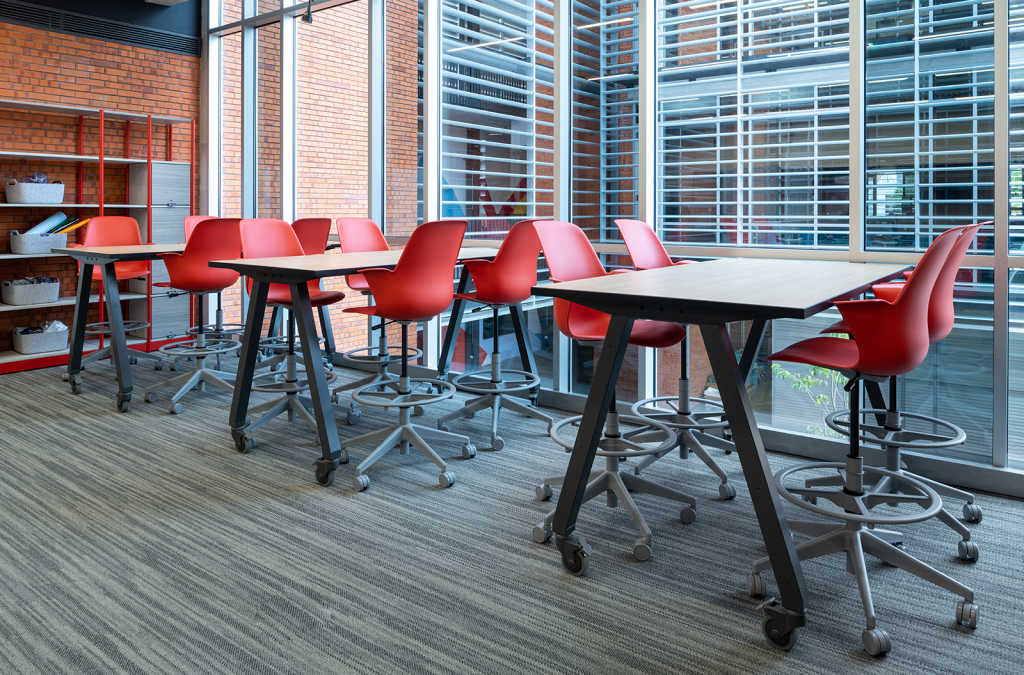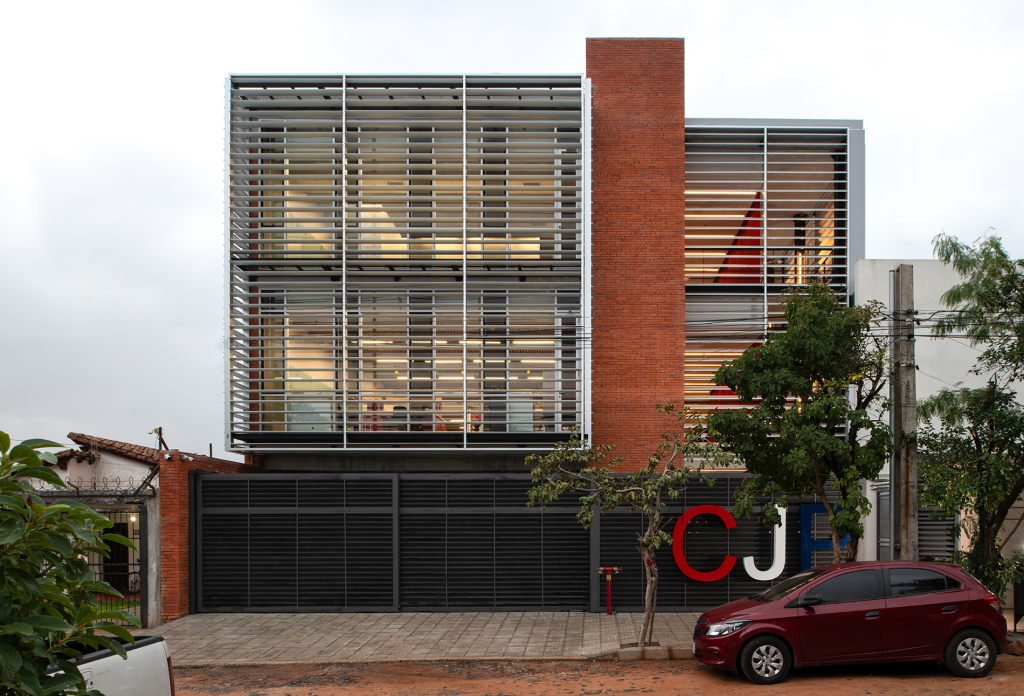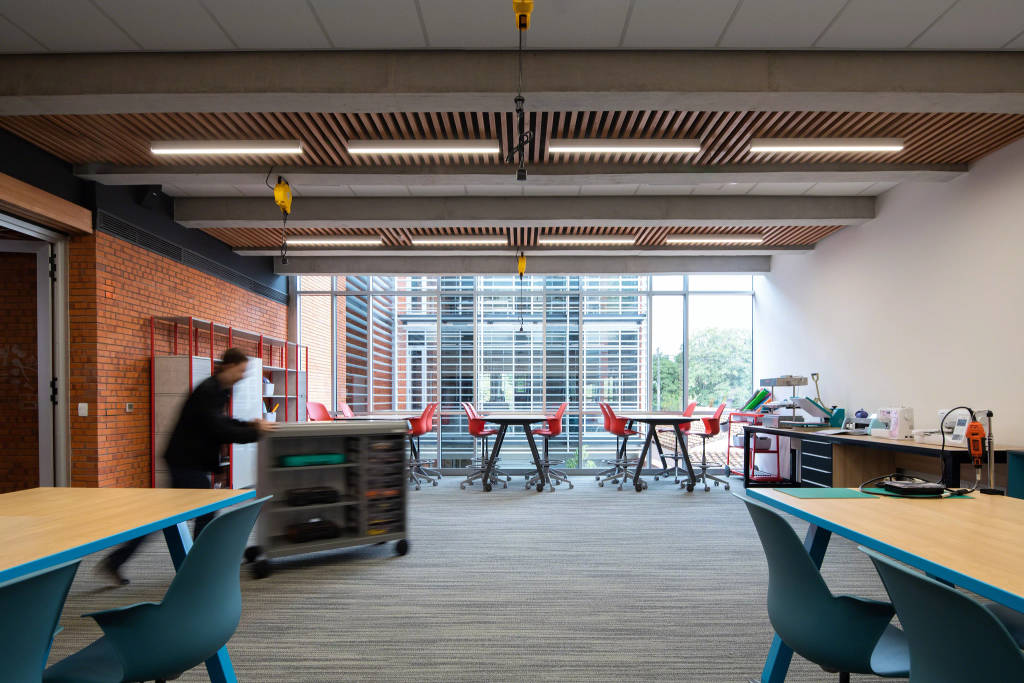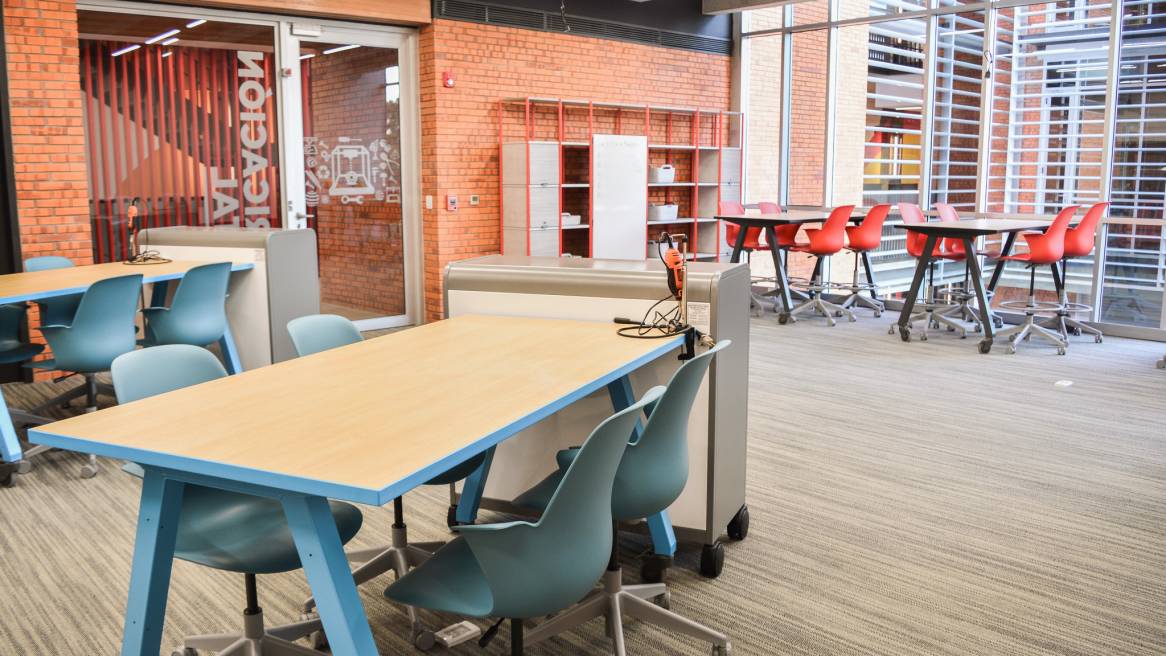Unlocking True Potential
Flexibility + collaboration key to allowing students to reach new heights at unique school in Paraguay
When you first walk into Colegio Japonés Paraguayo in Asunción, Paraguay, one of the first things you’ll notice is something not always found in many schools around the world – throngs of students excitedly greeting guests on their own.
“A lot of people are wowed by that,” says Patricia Toyotoshi, the director of Colegio Japonés Paraguayo. “It speaks to the discipline and respect we instill in our students.”
Known locally as the “Japan School,” Colegio Japonés Paraguayo was initially established by Naoyuki Toyotoshi, a Japanese immigrant in Paraguay, with the primary objective of providing a quality education to the local Japanese population in Paraguay. However, over time, the school evolved and grew its commitment to giving back to the broader Paraguayan community – now mostly serving native Paraguayan families. It’s not just the values of Japanese culture brought over from Tokyo by Toyotoshi’s father years ago – visitors to the unique school also will find students designing and making with 3D printers, or in an adjacent space, children creating simpler, smarter systems in the realm of mechatronics. Down the hall, students engineer robots and use computing and AI to enhance supply chain systems. In another classroom, children can be seen creating culinary delights or sewing new fashions, while young people work nearby to shoot, edit and create film productions.

For the roughly 330 young minds being shaped at Colegio Japonés Paraguayo, the private Pre-K through 12th grade school represents a beacon of promise in a country routinely ranked near the bottom in education globally. The school provides a foundational Paraguayan education but also multiple language courses and a wide-range of forward-thinking, vocational and STEM-related subjects, with the goal of preparing students to be productive and engaged citizens. The student-to-teacher ratio is 5 to 1, and most of the classes are taught by professionals successful in their fields of expertise. The school’s foundation pays roughly half of tuition expenses for many students, and 100% of the infrastructure.

“These kids would have no way, if they weren’t here, to have this opportunity,” Toyotoshi says. “They are becoming what the world wants for work now – students who can think and produce something by working collaboratively.”
Upon assuming leadership of the school from her father several years ago, Patricia Toyotoshi took decisive measures to bolster and modernize the school’s curriculum and infrastructure. At the time, despite the school having steadily grown and developed since its founding in 2000, Patricia reflected on an era when the school’s potential for innovation remained untapped. Teachers instructed from the front of a dreary and shadowy classroom, where students sat in uniform rows of stationary desks. She believes the school’s true innovative potential wasn’t fully unlocked until the recent construction of its new ‘creative building’ – an expansion to the campus that features areas designed specifically for the wide range of disciplines the school offers.
“It’s a whole process, and at the end, this is what you want. That building gave us the last component we needed to really bring out the true talents of our students,” Toyotoshi says.

She likes to share the story of how a group of students from Colegio Japonés Paraguayo recently won a national aerospace and astrodynamics competition, crediting the school’s new flexible space for launching them to success. “It’s unreal, because you’re putting physics, math and creativity all together into this work. And you have the kids who are really good at math and physics, but they may not necessarily know how to draw or make things. So this space allows them to collaborate with the kids who have skills in industrial arts and engineering, and together, they are able to be successful,” Toyotoshi says. “For me, seeing these kids – how they worked together – this is what we’ve wanted for such a long time.”
For Toyotoshi, Colegio Japonés Paraguayo embodies a legacy of investment in educational excellence – a personal family commitment to a community that helped her father gain footing as a young immigrant to Paraguay, and later, provided him the support he needed to become a successful businessman.
“Our mission is to help these students become the future citizens that we want for our country – that’s our vision. We truly believe in the value of an excellent education, and it’s why we’re here. It’s why we’re investing,” Toyotoshi says. “Learning is about what makes you happy and fulfilled as a person. Everybody has a talent. Everybody has skill. You just have to find it – and you can be somebody with that.”
Steelcase Learning has been partnering with K-12 schools and higher education institutions to understand how teaching and learning is evolving – and how smarter, more active learning environments can help.
Want to explore more about our latest learning outcomes report, sign up for a virtual tour or read more of our latest research?


